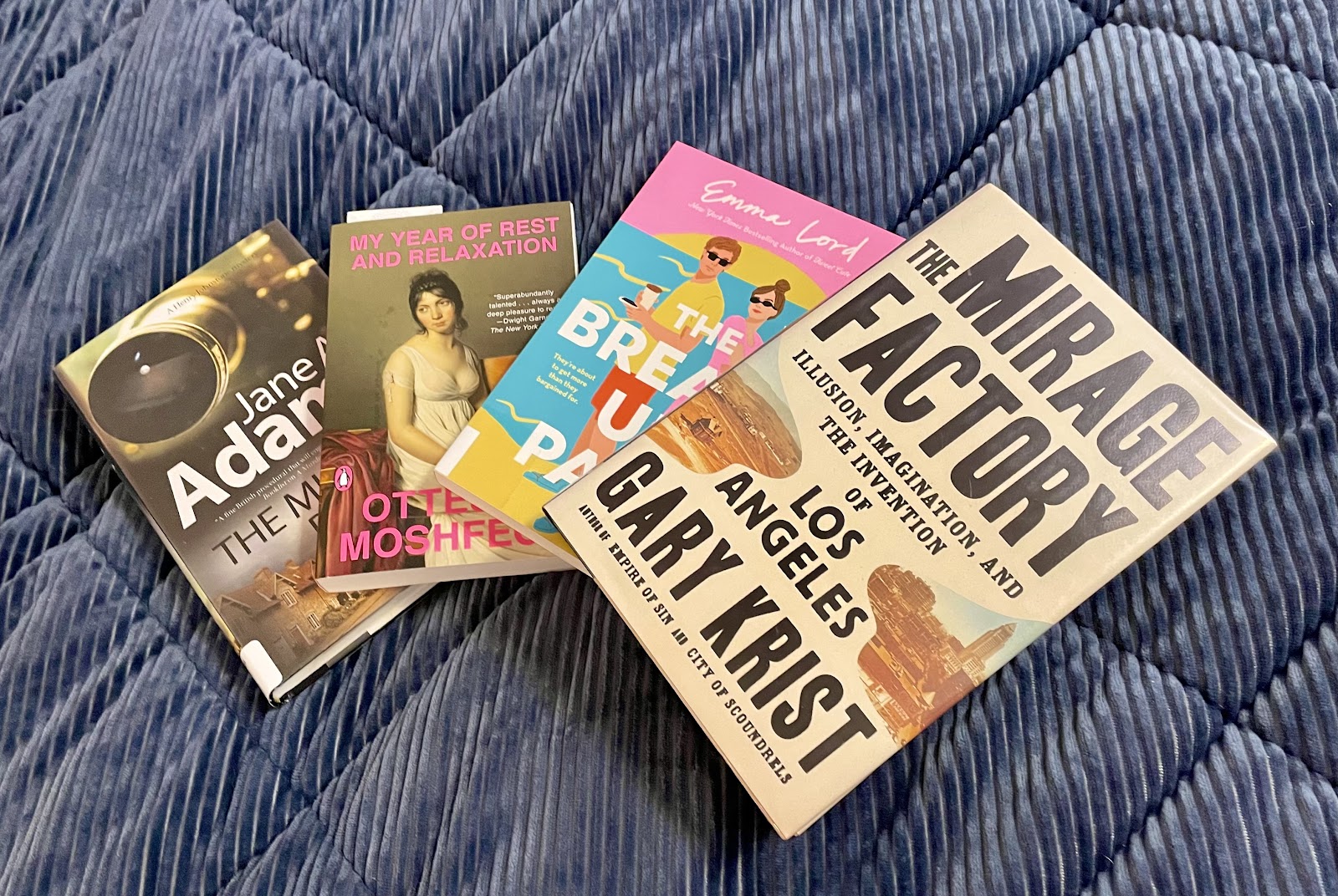Have you ever read a book so good it made you angry? Picture me, finishing Emily R. Austin’s latest offering, We Could Be Rats. It’s 11 at night and I’m wide awake. Everyone else in the house is asleep and I am flat on my back, staring up at the ceiling in the dark, just... full of anger. I get up, I pace the house. I load the dishwasher, muttering to myself. I wander outside to look up at the stars, shake my head, pace some more. I’ve had book hangovers before, but never this, never book rage.
Now, I need you to understand, I wasn’t angry at the book. Or the author. The book was wonderful. The author? Incredibly talented. The story was fantastic, heartbreaking as it was. Nope, my rage was triggered by the fact that this book is so insanely beautiful and spoke to me so strongly and I just have this awful feeling that it’s going to fly totally under the radar, not getting the attention and praise it deserves, and that would be a tragedy.
And, yeah, this book also made me angry because it forced me to really confront the fact that I will never, ever be as good a writer as Austin is. There’s something magical in the words of We Could Be Rats. Something I can’t put my finger on that just makes it so haunting and meaningful and it’s humbling to realize I’ll never be able to match that with my own words. Never be able to create anything on that level, no matter how hard I might try.
Anyway, enough of my whining and self-pity. Wah, wah, wah, I’ll never be a writer, I’ll just sit here forever endlessly going on about the books more talented people have written. It’s fine. I’m fine. Everything’s fine, I swear.
We Could Be Rats is one of the more unique books I’ve read. It’s partly epistolary, which isn’t in and of itself that unique, even if it isn’t super common these days, but instead of the letters that make up the first 60-ish% of the book being addressed to another character, they are written to you, the reader, whoever you may be – the writer of the letters doesn’t even seem to be quite sure who you are. Also, they’re all drafts of one letter. A (trigger warning) suicide letter. There’s this kind of a complex sense of pride and dread that comes over you as you read this book and work through this series of explanations for why Sigrid, the writer of these endless drafts, has decided to take her own life. Each letter is better than the last; Sigrid is finding her voice, figuring out how to say what she needs to say before she goes, but even as you read her words you realize that once she gets it perfect, she’ll stop. She’ll make her attempt. She might succeed.
And then everything changes.
I can’t say a whole lot more without giving major spoilers, but this book is so, so good. It’s dark and tragic and, sure, it’s probably going to make you cry (it certainly made me cry), but it’s also beautiful and weirdly hopeful. I rarely highlight passages in books, but I highlighted so much in this book. I found Sigrid’s struggle to be so relatable even though we had almost nothing in common on the surface. That’s where the power of Emily R. Austin’s writing, which is so good it triggered that jealous angry-baby tantrum in my head, comes in. She makes Sigrid and her sister Margit so relatable and so real that you fall a little bit in love with them and wish the story could go on forever. Even now, months after I finished this book, I find myself wishing I could somehow check in on these fictional characters. Just to, you know, see how they’re doing. If they need to talk.
Austin was already an author to follow for me after last year’s Interesting Facts About Space, but We Could Be Rats elevates her to a whole new level, in my opinion. If you’re ready for the book hangover to end all book hangovers, give this one a shot. And afterward, you can come back here and yell with me about it.
Thank you to the publisher for providing me with a complimentary advance review copy






